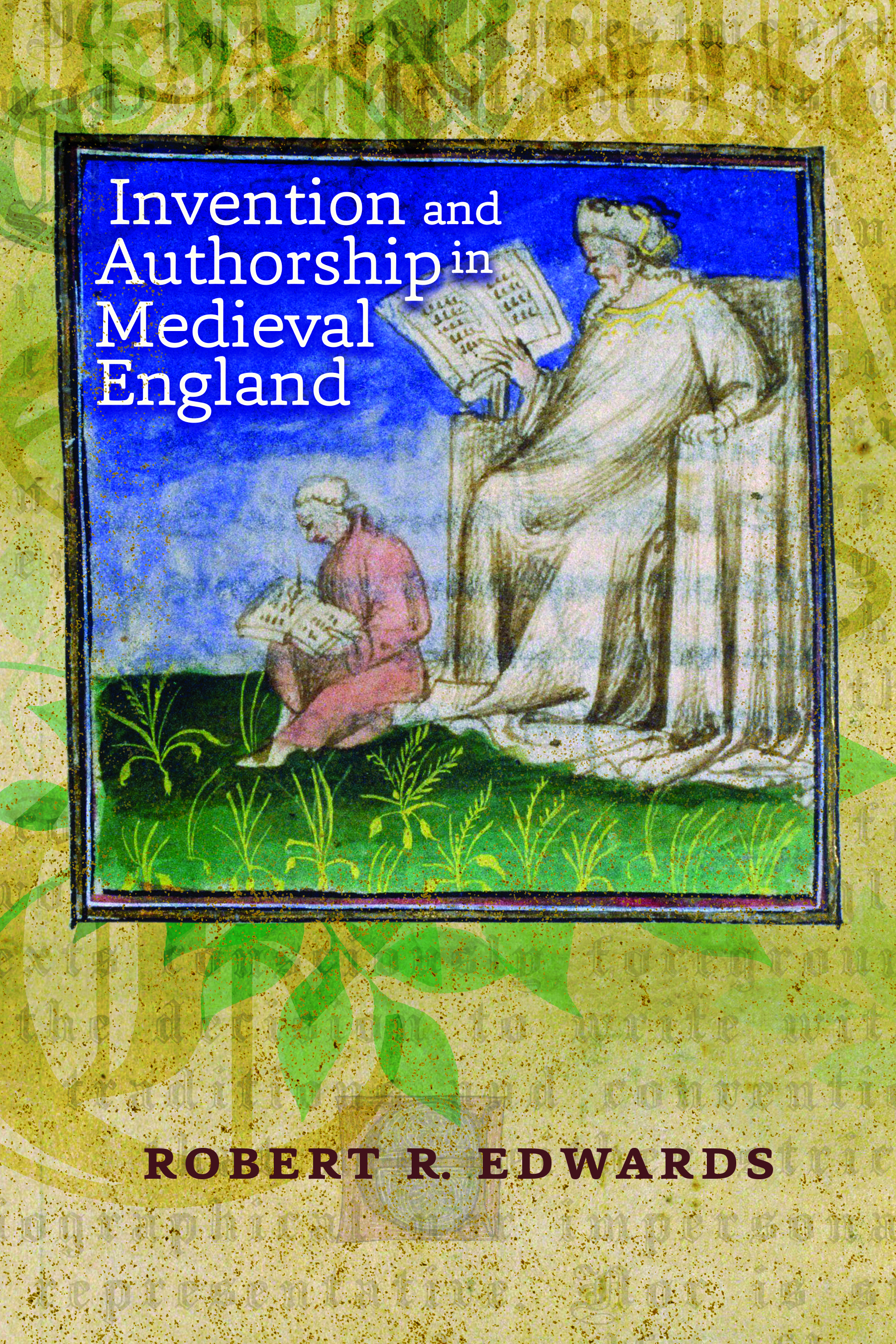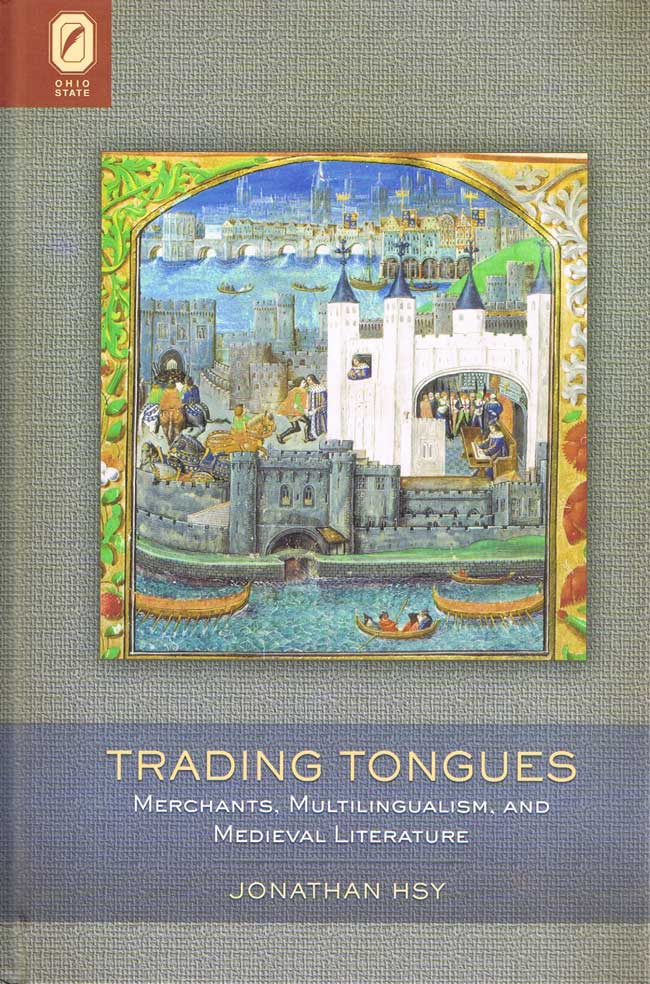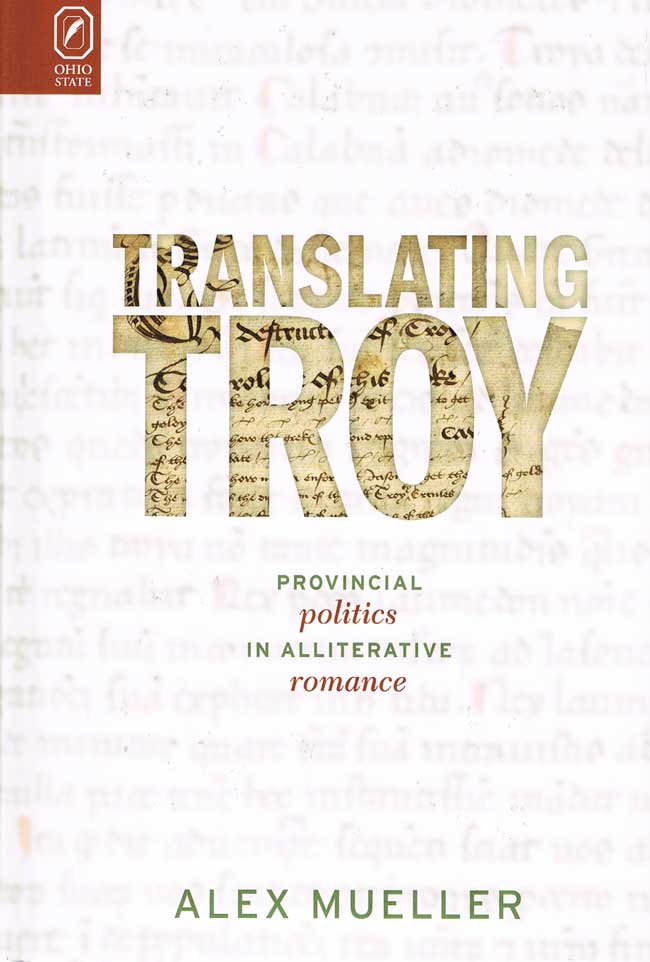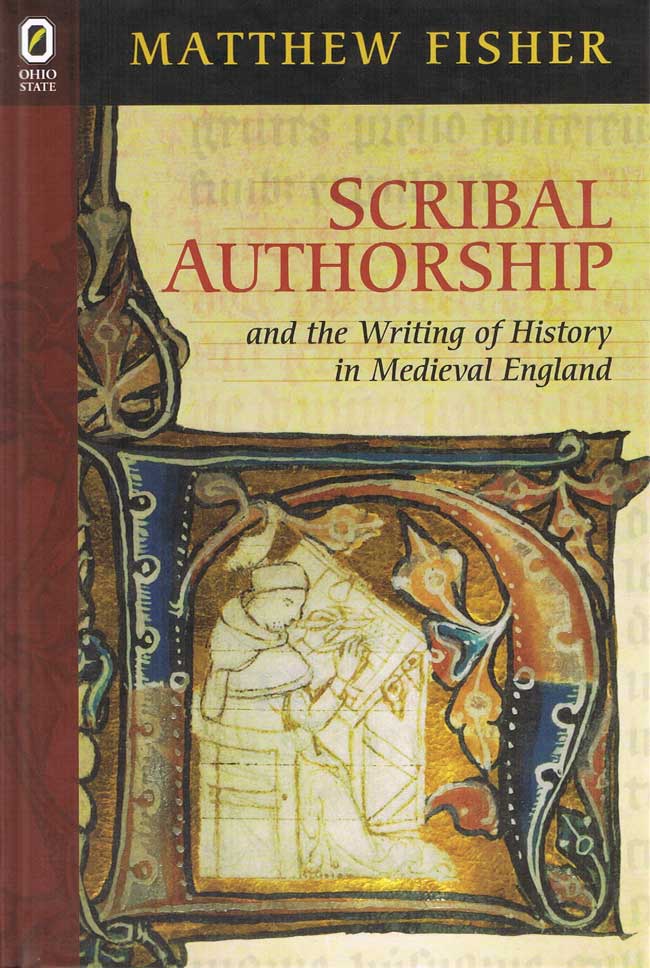“This book has all the hallmarks of Edwards’s fine scholarship: a rare depth of textual engagement and a culling of evidence from the literary language itself; a generous and scrupulous citation of other critical work on the texts; a confidence-inspiring knowledge of languages and literary history; lucid and stylish writing; and a wisdom and profundity both in theoretical armature and in quality of readings.” —Rita Copeland, Sheli Z. and Burton X. Rosenberg Professor of the Humanities, University of Pennsylvania
“Robert Edwards is a highly respected scholar of Middle English and related subjects whose work repays careful reading. This book will be of significant interest to scholars and students of Middle English and other medieval European literary traditions.” —Nicholas Watson, Henry B. and Anne M. Cabot Professor of English Literature, Harvard University, and coeditor, with Fiona Somerset, of Truth and Tales: Cultural Mobility and Medieval Media, (OSU Press, 2015)
From the twelfth century onwards, medieval English writers adapted the conventions of high literary culture to establish themselves as recognized authors and claim a significant place for works of imagination beside those of doctrine and instruction. Their efforts extended over three languages—Latin, French, and English—and across a discontinuous literary history. Their strategy was to approach authorship as a field of rhetorical invention rather than a fixed institution. Consequently, their work is at once revisionary and ambivalent. Writers conspicuously position themselves within tradition, exploit the resources of poetic belatedness, and negotiate complex relations to their audiences and social authority.
Authorial invention in the Middle Ages is the base of a national tradition that English writers in the Renaissance saw as stable and capable of emulating the canons of classical languages and the Italian and French vernaculars. In Invention and Authorship in Medieval England, Robert R. Edwards brings new interpretive perspectives to Walter Map, Marie de France, John Gower, Geoffrey Chaucer, Thomas Hoccleve, and John Lydgate. He offers a critical reading of key moments that define the emergence of medieval English authorship by showing how writers adapt the commonplaces of authorship to define themselves and their works externally and to construct literary meaning internally.
Robert R. Edwards is Edwin Erle Sparks Professor of English and Comparative Literature at Pennsylvania State University.
Contents
Acknowledgments
Introduction
PART 1: INVENTIONS
Prelude Bede and the Denial of Authorship
Chapter 1 Walter Map: Authorship and Counter-Authorshp
Chapter 2 Marie de France: Signature and Invention
PART 2: AUTHORSHIP DIRECT AND OBLIQUE
Chapter 3 John Gower: Scriptor, Compositor, Auctor
Chapter 4 Geoffrey Chaucer: Imitation and Refusal
PART 3: CONSTRUCTING A CANON
Chapter 5 Simulating Authorship: Thomas Hoccleve and John Lydgate
Chapter 6 Thomas Hoccleve: “Sum of the doctrine”
Chapter 7 John Lydgate and the “Stile Counterfet”
Afterword The Afterlife of Medieval Authorship
Bibliography
Index





